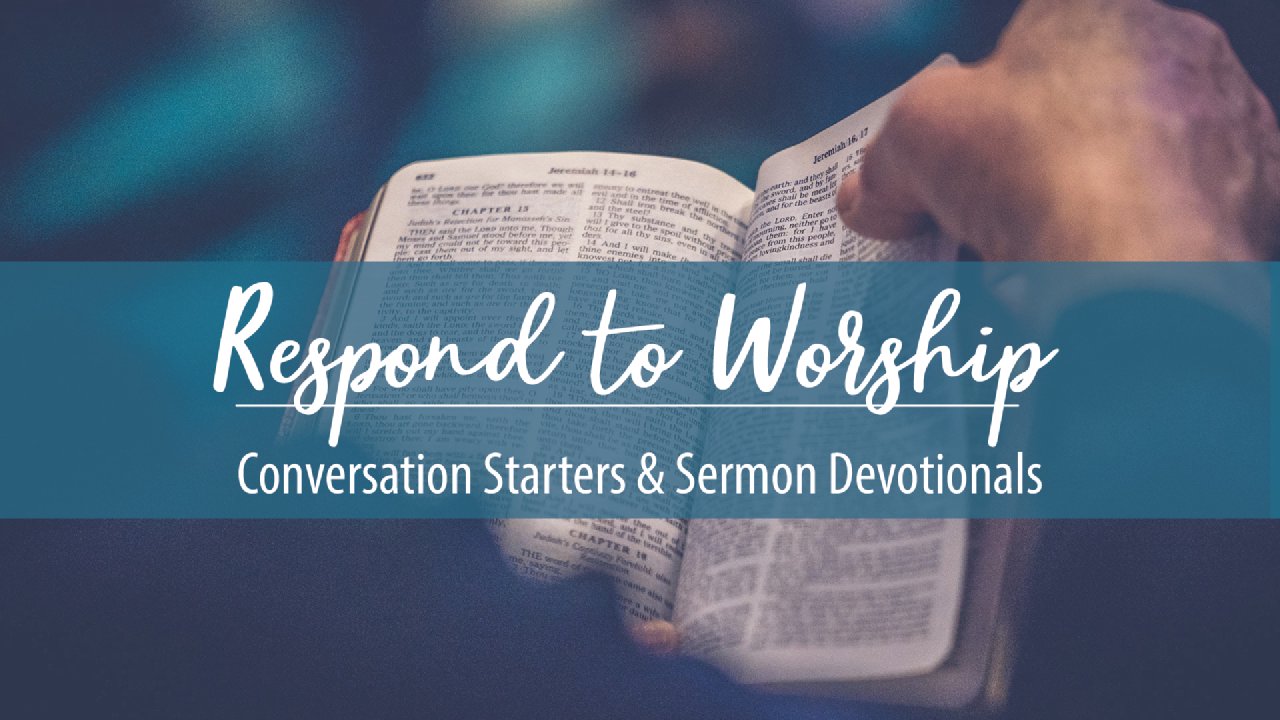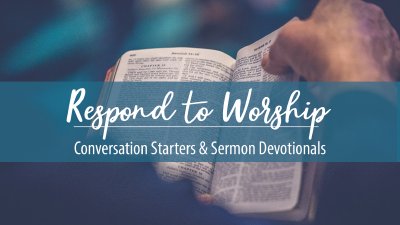Conversation Starters
╬ Jonah worshipped God while he was in the belly of the whale and not after the crisis was passed. Face to face with the consequences of his disobedience, Jonah turned to the God of heaven and earth, the God who created and directs the fishes of the seas and the people who walk the land. As a result, the Ninevites learned that “salvation comes from the Lord.” When have you worshipped the Lord in the midst of crisis even without knowing what the outcome would be? What stories of God’s compassion and mercy can you tell?
╬ One definition of mercy is “not receiving what we deserve.” Often, we demand justice for wrong-doing and we cry “Unfair!” when mercy is extended. It is easy to place misdeeds on a scale of “Oh well,” “Bad,” or “Despicable and unforgivable.” God doesn’t use this scale. “All have sinned and fall short of the glory of God” (Rom 3:23). In Jonah 3, we see the expanse of God’s mercy. The Lord’s mercy is extended to Jonah despite his disobedience and to the Ninevites despite their cruelty. When do you use a scale to weigh the severity of sin within you and the sin around you? Based on the story of Jonah, what is an alternative way to view sin, both your own and others’?





